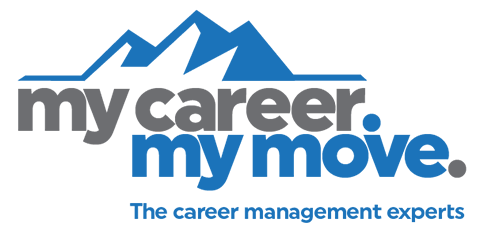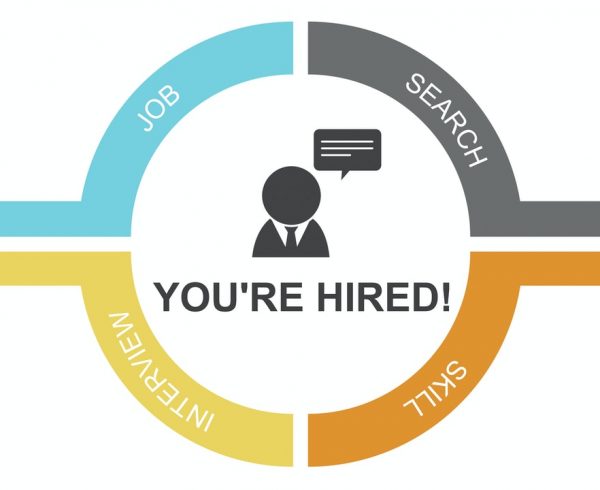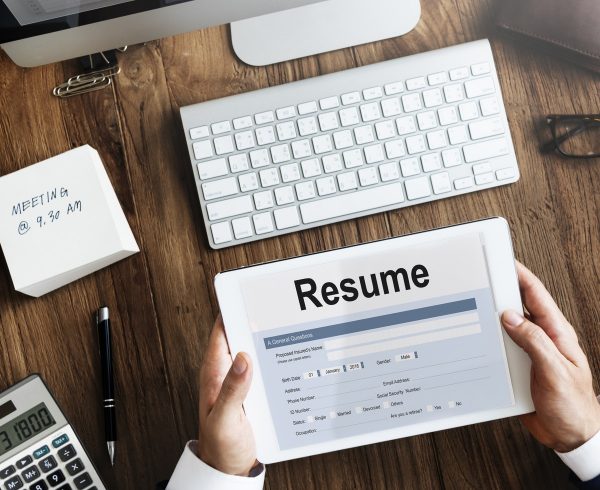You’ve just received notification that you have made it to the first round phone interview. Congratulations! But how do you make sure you are well prepared for it and make the right first impression to get to the next stage of the recruitment process?
Follow these eight tips to avoid the common and costly phone interview mistakes most candidates make.
1. Take the call in private
Make sure you take the phone call in a quiet place so you can talk openly and honestly without any distractions. A public or noisy place can make it difficult for you to concentrate on the interviewer and for them to hear you.
Even if you think you can hear perfectly fine, keep in mind that if you are using your mobile phone, it will pick up all the noises around you and can sound louder to the interviewer on the other end than it does to you.
2. Remove all distractions
During the phone interview, you have one priority – the interviewer. Respect their time and the opportunity by giving them your undivided attention. That means no multi-tasking while you are on the phone. It’s a good idea to have your resume handy as well as the job ad or any notes about the role in front of you as well so everything is at your fingertips.
It is easy for an interviewer to tell if you are distracted, and that is not the impression you want to leave them with. Be sure to listen attentively.
3. Don’t get too personal
While you do want to showcase your personality, share your passions and hobbies and get across the value you could bring to the company you are interviewing for, it’s important not to get too personal. Keep a barrier between the personal and professional parts of your life
One way interviewers can try to extract more information is through a well-positioned pause. With many people uncomfortable with silence, particularly in a stressful situation like a job interview, it can be tempting to fill the silence with information to break the ‘awkwardness’. But try to resist, keep your information sharing relevant and concise.
4. Stay focused
Stay focused on the question and keep your answer on topic and to the point. Don’t allow yourself to get caught up talking that you take too long to answer the question, lose your point or go off on a tangent. This shows you can’t stay focused. Often, we can be so keen to progress to the ‘real’ interview stage that we can talk too much during a phone interview, especially if it is an initial screening conversation.
5. Don’t bring up money
The biggest question on your mind is likely to be “what does the job pay?” but now is not the right time to ask. By bringing up money, or benefits in the interview, you can be perceived as only being interested in what you’re going to pocket not what you can bring to the company. It shows your focus is not on being a team player in the company, but more about what’s in it for you.
If the interviewer brings up money, that is entirely different. However, don’t start negotiating or dictating what you want to earn. A salary negotiation takes place when a job offer has been made. At this point in the interview process, you are proving to the interviewer that you are the person they need.
Expect questions like “What kind of salary or renumeration are you looking for?” or “Tell me about your salary expectations?” You should know what similar jobs pay and share that, or use your current salary as an indication of where you fit into the market. Be general rather than specific when talking the numbers.
6. Ask questions
Prepare a list of potential questions you can ask them. This shows you’re keen and have done your homework on the company. You might want to ask how they will measure the success of a role, what the company culture is like, who you will be reporting to, etc. It never hurts to be prepared.
7. Listen, don’t interrupt
While it can be tempting to talk as soon as you know what the question is or when you feel you have something valuable to add to the conversation, don’t interrupt your interviewer, let them finish their point. Interrupting can be a way of saying that your opinion or point is more important.
Also, keep in mind that there can be a delay when you are on the phone. For this reason, it pays to leave a short pause after the question to ensure the interviewer has finished and not just ended a sentence. We tend to talk faster on the phone than we do face-to-face, so try and consciously slow the pace down.
8. Be polite
Never underestimate the importance of courtesy. Thank your interviewer for their time and the opportunity to be interviewed. Ask what the next steps are and mention that you look forward to hearing from them and progressing to the next phase of the recruitment process.
Bonus tip – Beware of the voicemail message!
While having a vague or entertaining voicemail message can be a laugh when your friends and family call, it won’t be so funny when you find a potential employer leaves a message (if they do!). So consider this a friendly reminder, if your voicemail message is along the lines of “YO, dude I’m not here so speak after the beep” or something equally as unprofessional, go change it – now!







